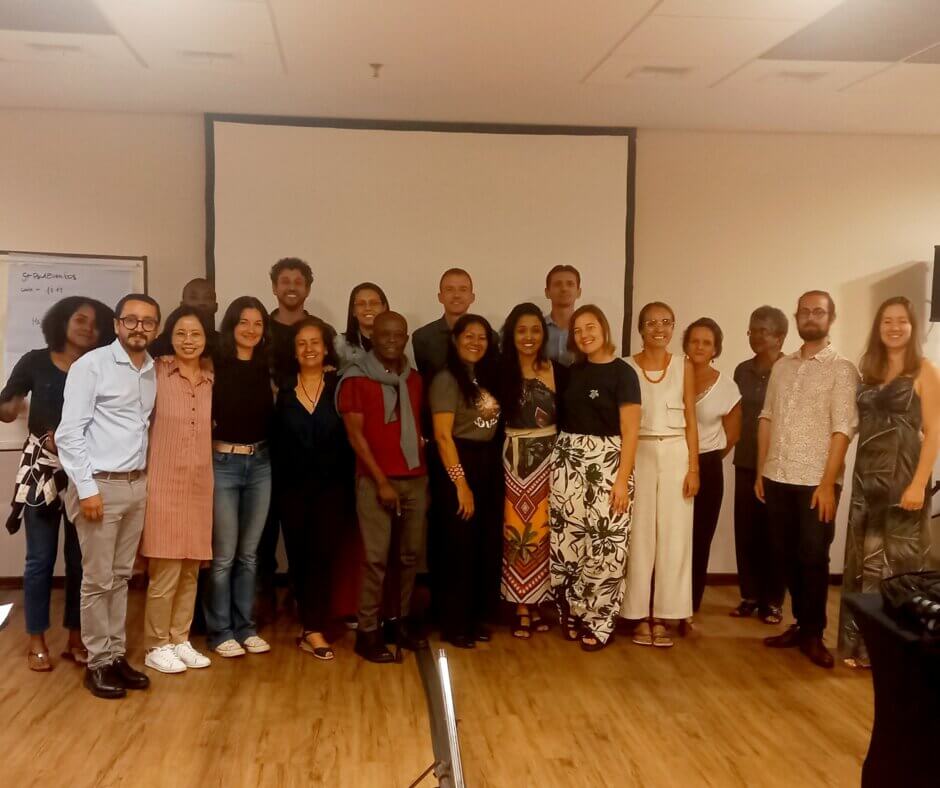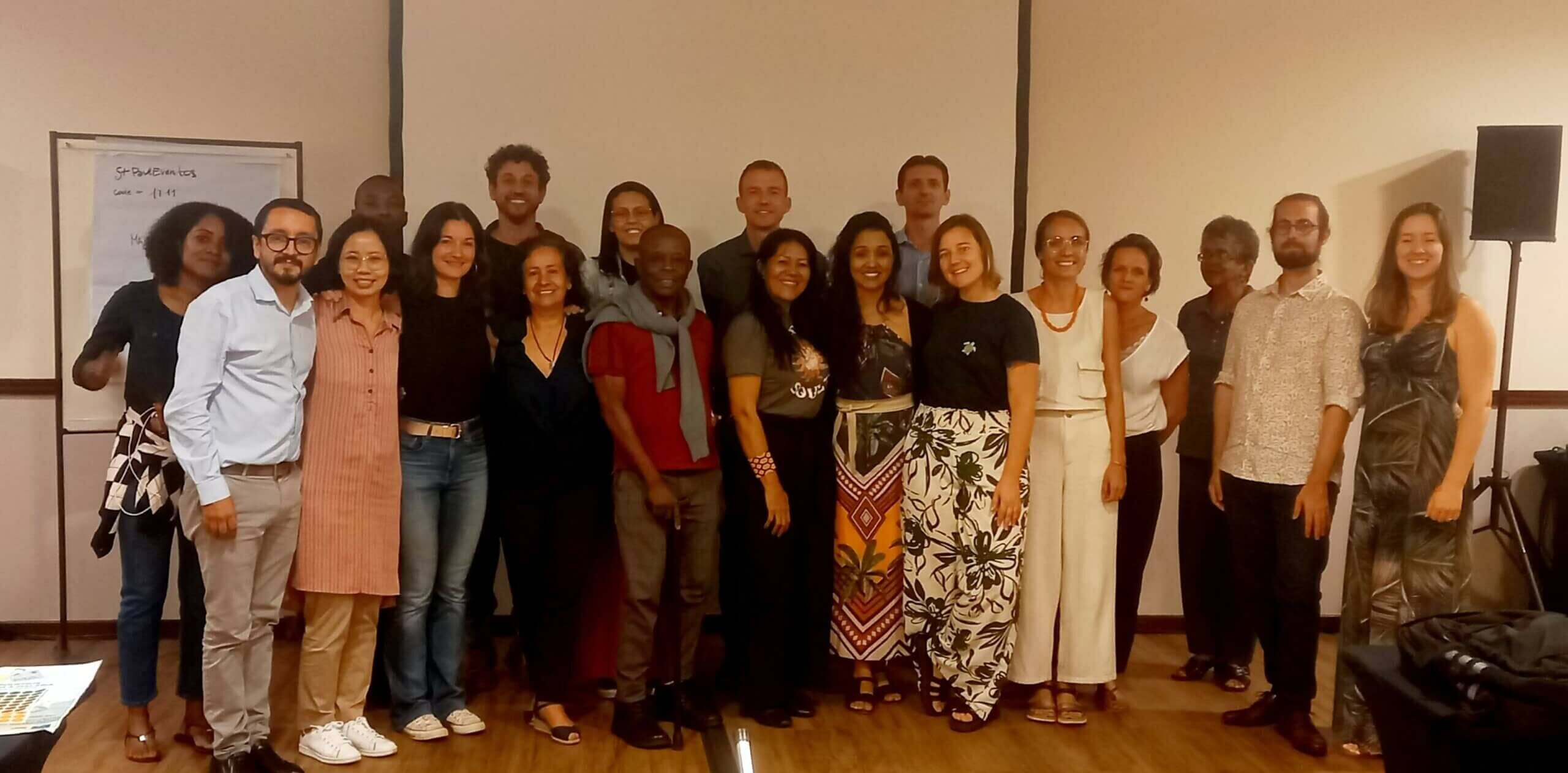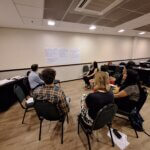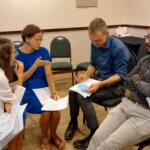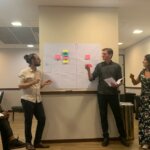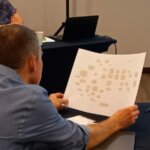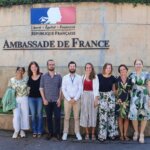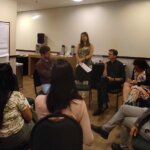The Curema project team visited the Brazilian federal capital, Brasilia, between March 18 and 22.
The main objective of this mission was to hold the project’s international scientific meeting, which took place from March 20 to 22, 2024. The workshop brought together scientific and institutional partners from France, Brazil and Suriname, as well as international partners, notably from the United States and Belgium, involved in the fight to eliminate malaria in hard-to-reach populations.
The workshop was held one year after the launch of the first inclusions in the Curema study. Those first 12 months have been an opportunity to compare the reality on the field with the hypotheses formulated when the project was designed. The main aim of the workshop was therefore to provide a mid-term assessment of the project, to determine the next steps in the light of this first year of activity, and to reflect on how to evaluate the intervention.
Indeed, even though the broad outlines of the Curema project’s evaluation had been defined upstream in the study protocol, the epidemic context – with an increase in the number of malaria cases – and the day-to-day challenges of implementing the intervention meant that new evaluation paths had to be considered, so that the project could provide accurate answers to the questions posed by operational partners, decision-makers and scientists. This international participatory scientific workshop, adopting a multidisciplinary approach, provided an opportunity to reflect collectively on solutions to enhance and improve the evaluation strategy of the Curema intervention.
The main issues addressed during the workshop were as follows:
- Collective reflection on intervention theory and the necessary developments in its conceptual model;
- Identification of indicators to assess the epidemiological impact of the intervention, in addition to the main outcome defined in the protocol;
- Highlighting aspects of the implementation of this complex intervention that need to be analyzed with a view to scaling up;
- Proposal of additional indicators to assess the intervention’s effectiveness on the basis of “proximal” judgment criteria (e.g. behavioral change).
To answer these questions, the workshop was structured around working groups, based on the participants’ mother tongue (or most fluent), and used participatory and collective intelligence methods such as collective brainstorming, Bono hats, or the 3C method (Conserve, Cease, Create).
The diversity of the partners involved in this workshop opened new perspectives on evaluation and partnerships opportunities, and provided a new impetus to the project.
During this mission, the project team also had the opportunity to present the Malakit and Curema projects to the French Embassy’s science and technology attaché, as well as the fruitful partnerships with Brazilian players (Fiocruz, DPAC, Ministry of Health).
During the same week, the team also had the opportunity to hold working meetings with the Ministry of Health’s malaria elimination program team, with a view to a potential pilot of a “Malakit” strategy deployed in clandestine gold-mining areas of Brazil.
